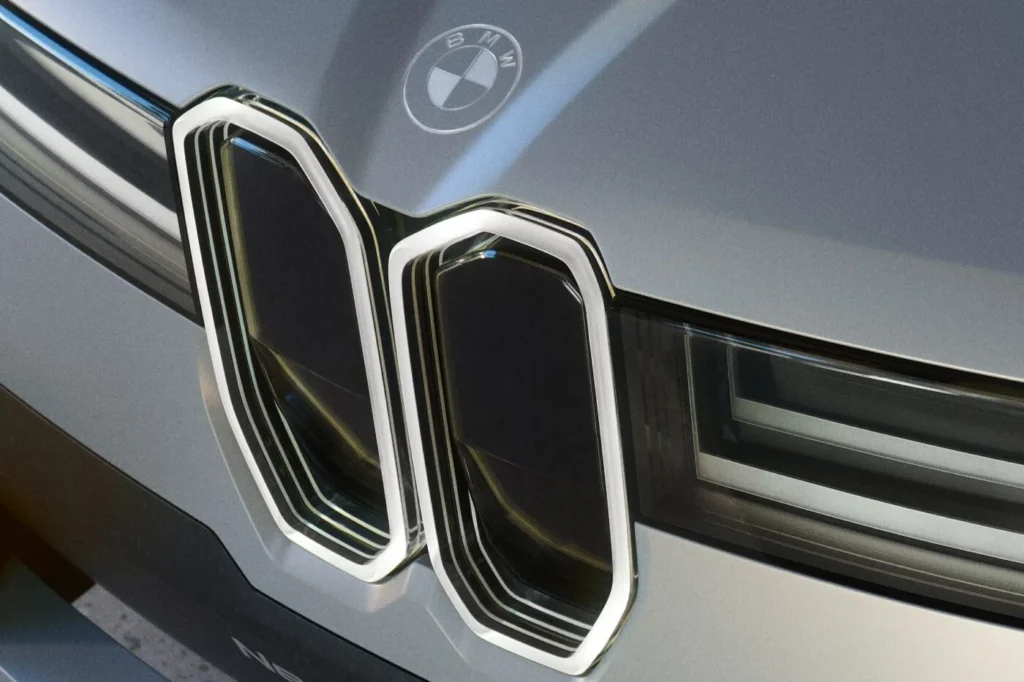After much speculation, BMW has officially given the green light for the launch of its compact electric vehicles, the BMW i1 and BMW i2. According to a report by Autocar, development of these entry-level EVs is already underway at the BMW Group Research and Innovation Centre in Munich, Germany. The move reflects BMW’s strategy to broaden its EV lineup and make electric vehicles more accessible to a wider range of consumers.
The BMW i1 and BMW i2 are part of BMW’s efforts to expand its electric vehicle offerings beyond its current lineup, which starts with the iX1 in the company’s home market, priced from €48,400. While detailed plans for the i1 and i2 remain under wraps, there are speculations about their body styles. The i1 could be offered as a hatchback or sedan, while the i2 may be a compact crossover with a coupe option. Insiders suggest that the i2 could be a spiritual successor to the i3 (I01), the innovative electric hatchback BMW produced from 2013 to 2022.
Design cues for the BMW i1 and i2 may be drawn from the BMW i Vision Circular show car, as well as the BMW i Vision Dee and BMW Vision Neue Klasse X concepts. These concepts are expected to influence the next-generation BMW i3 sedan and BMW iX3, respectively.
The new BMW i models will be based on an ‘NBx’ version of the Neue Klasse 800-volt dedicated EV platform. This platform will allow for front-wheel drive (FWD) and all-wheel drive (AWD) layouts, similar to the 400-volt FAAR platform underpinning the BMW iX1.
Despite being entry-level EVs, the BMW i1 and i2 are expected to offer practicality and convenience, thanks to their 800-volt platform that allows for the use of ultra-fast chargers. The batteries are likely to be module-less units with BMW’s sixth-gen cylindrical cells, offering over 20% higher energy density and reducing charging time by up to 30%.
BMW sees the i1 and i2 as essential for staying relevant to younger customers and expanding into growing markets. Bernd Körber, the company’s product boss, highlighted the importance of affordable models like the BMW 1 Series and BMW 2 Series, especially as competitors like Mercedes discontinue models in the compact luxury car segment. The BMW i1 is expected to launch in 2027, followed by the BMW i2 in 2028.
